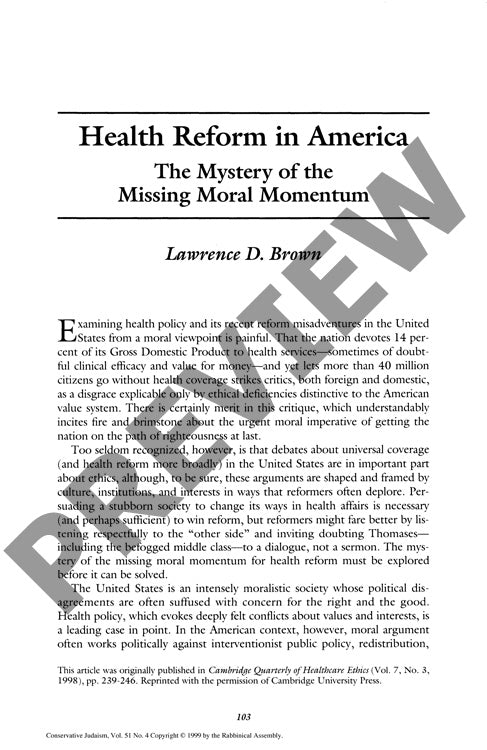Health Reform in America the Mystery Of
Couldn't load pickup availability
The persistent failure of American health reform efforts presents a paradox: despite 40 million uninsured citizens and healthcare costs consuming 14% of GDP, attempts to achieve universal coverage repeatedly collapse. Why do moral arguments for reform fail to generate sufficient political momentum? Through historical case analysis, particularly of the Clinton administration's failed 1990s initiative, this research reveals how American social pluralism, economic individualism, and religious moralism create formidable cultural barriers to redistributive health policies. The investigation combines qualitative analysis of political culture, institutional structures, and interest group dynamics to identify reform obstacles. Structural factors, including separation of powers, federalism, and fragmented interest politics, compound these cultural challenges. Approximately 85% of Americans with existing coverage resist cross-subsidizing the uninsured 15%, while organized interests - medical professionals, businesses, and labor unions - prioritize preserving current arrangements over systemic change. The findings suggest that successful health reform requires sustained grassroots dialogue through community and religious organizations to bridge the disconnect between policy elites and public sentiment. Cultural communication and democratic deliberation may ultimately prove more effective than top-down moral arguments in building coalitions for universal coverage.

More Information
-
Physical Description
-
Publication Information
Published
ISBN
-
Publication Credits
Lawrence Brown

